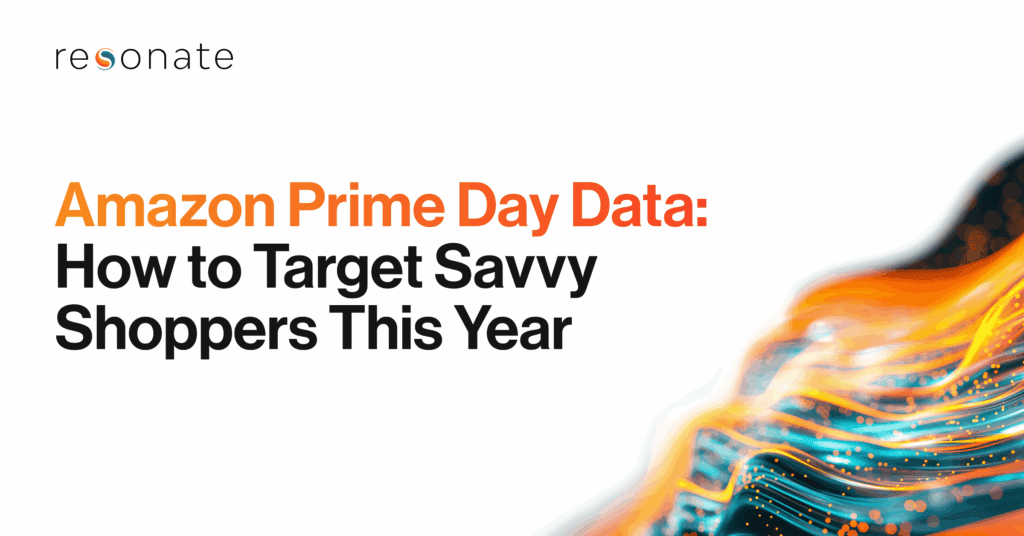A Downturn Can Represent Investment Opportunity. But, Who Should Do the Investing?
The market has been on a wild ride during the coronavirus pandemic, but savvy investors know that a downturn can present an opportunity to buy and sell shares.
Buy low, sell high, as they say.
And, for the average Joe considering financial advice, they may be wondering, “What are the pros and cons of robo-advisors v. professional investment advisors? Who should I use?”
We decided to dig a little deeper into who these potential investors really are and help assess how financial firms can target the right audience for their product.
Who Is Eager to Jump on a Down Market and Invest?
We compared two groups who are ready to invest right now and how they’re looking to invest. Group one is considering robo-advisors during this time. They’re researching firms including, Robinhood, Betterment, Acorns and Wealthfront. The second group is considering seeking out the investment advice of a professional advisor.
Let’s take a look at who these prospective investors are and the generational differences that emerge.
Millennials Driven By Achievement Look to Robo-Advisors for a Tech-Savvy Solution
The millennial-minded consumers considering robo-advisors during coronavirus are 80% male, 62% are married and 64% do not have children under 18. They are concentrated within the millennial generation, with 28% between 25-34 years of age and 30% have an annual household income over $150,000.
It should come as no surprise that their top personal value is acquiring wealth and influence –– in fact, they’re 312% more likely than the average American to cite that as an important value. (Could your robo-investing platform be the key to acquiring that wealth?!)
Additionally, they are 692% (!!) more likely to list stock trading as a top hobby.
Their top drivers are proving competence, achieving social and professional status and gaining recognition from peers. If you’re a marketer working on messaging for a robo-investing platform, this is your audience and you want to tap into these psychological drivers and values that will motivate them to take the plunge –– particularly during a downturn. Educate them on the potential benefits of buying low and the impact that investors saw in previous eras. Show them examples of high-achieving users and inspire them to want to join the ranks.

Where will you reach these prospective robo-investment users? 38% of them spend 20-40 hours per week online and 37% clock in at over 40 hours a week online. They’re 173% more likely to be on LinkedIn, but they’re also 99% more likely to log in to Reddit. This is a news-savvy bunch: They’re 533% more likely to read the Wall Street Journal, 1170% more likely to watch CNBC and 436% more likely to watch BBC America. You’ll find them watching these channels most likely on a TV streaming device, a tablet, or a computer.
And, when they open their phone, they’re most likely opening up a finance, stock or investment app (you want to make sure it’s yours, right?!). 
Gen X Looks To Professional Investment Advice, But Don’t Forget Mobile Apps
Now, when we look at those seeking professional investment advice. This group is 71% male, 61% married and 66% do not have children under 18. 26% are Gen X-ers between 45-54 years of age, older than the robo-investing group, and 25% have a household income over $150,000.
Similar to the previous group, these investors also value acquiring wealth and are 503% more likely to list stock trading as a top hobby (they’re also 248% more likely to spend their time gambling on sports, so perhaps they’re investing their winnings wisely?!).
They’re driven by acquiring social/professional status, proving competence and gaining recognition from peers. This audience will identify with a message that stresses the importance of aligning yourself with the professional know-how of an advisor on your path to investment success. Their desire to achieve will resonate with a knowledgeable advisor to guide them.

Similar to the robo-investing group, these investors seeking professional advice are more likely to read the Wall Street Journal and watch CNBC. They’re more likely than the previous group to watch TV on a standard TV, but they’re still spending plenty of time online –– 39% spend 20-40 hours a week online.
They are 293% more likely to spend their time on the phone using finance, stock and investment apps, so even though they may spend less time online or consuming content through their phone than the robo-investing group, don’t assume they won’t look to their phone to keep track of investment performance. A strong app will help strengthen your relationship with this group.

Create and Market An Investment Product That Will Strike a Chord With These Groups
If you’re targeting either of these groups, you’ll want to focus on the attributes that are important to their purchasing behaviors. Both groups value innovative products that are high quality. How can your financial firm show consumers that your investment products are staying up-to-date and breaking new ground during this time of uncertainty?
Additionally, they look to price as a major influence on purchases. Can you offer a competitive discount that will draw investors in now?

Want To Learn More?
If these future robo-investment users and those seeking advice from a professional investment advisor are your target audience, you may want to dig in further on the impact the current climate is having on consumers’ relationship to their finances. Download our guide to personal finance and the COVID-19 crisis, How to Engage and Retain Your Account Holders Amid Crisis today.



